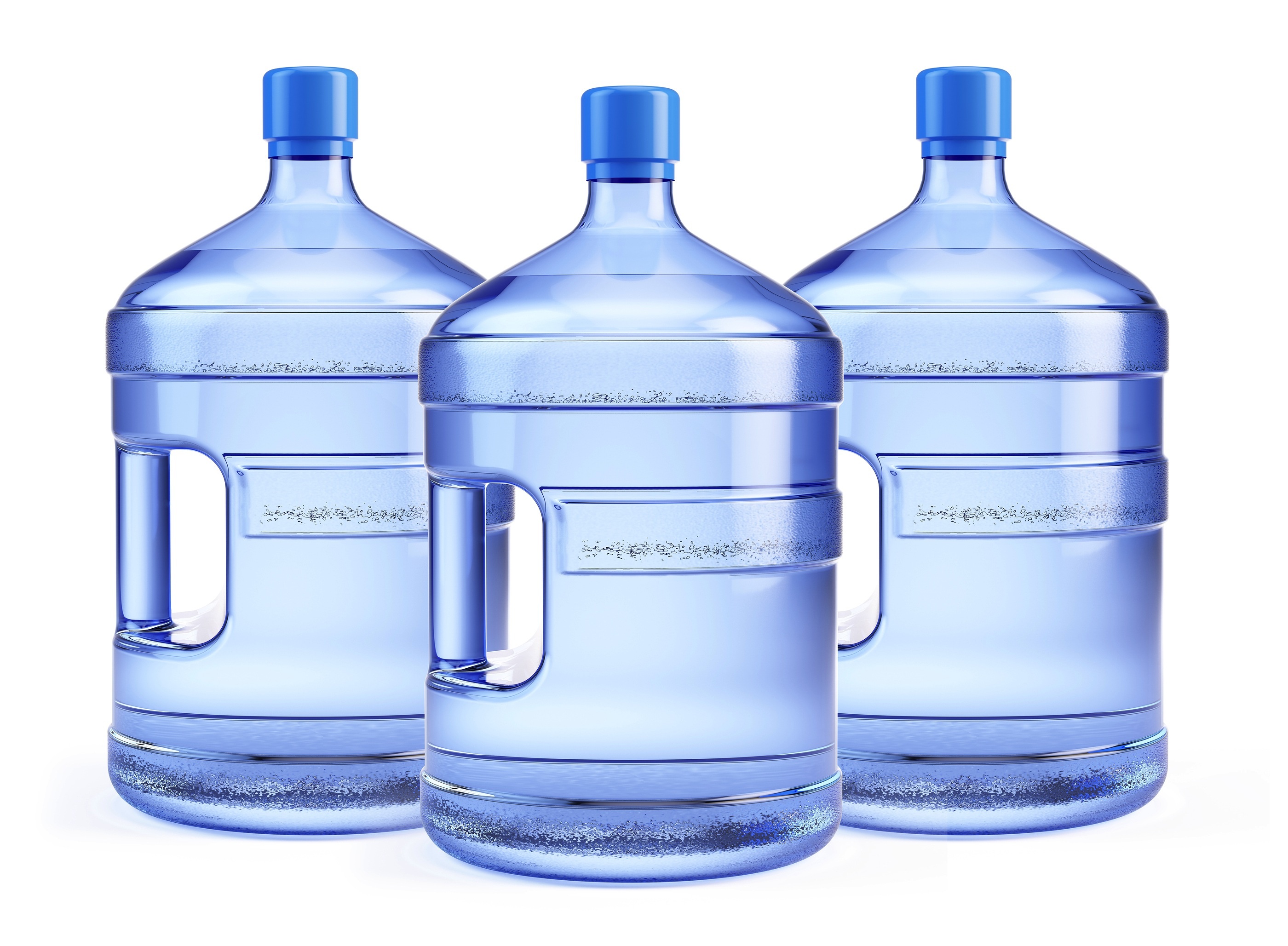Do you live in an area where natural disasters are common like hurricanes, tornado’s, flooding or earthquakes?
Then you need a natural disaster survival kit.
In Houston, where I live, they call them “Hurricane Preparedness Kit” or “Hurricane Survival Kits”.
The experts say that you need a two week supply of each item for every person that lives in your home. That means if you have 3 people in your family, you need a two week supply of each item listed * 3.
WATER AND FLUIDS
- 14 gallons of drinking water per person, which will allow 1 gallon per person, per day.
- Throw in a few sports drinks such as Gatorade or Powerade per person. The electrolytes and carbohydrates in these drinks will help you rehydrate and replenish fluid when water is scarce.
- Powdered milk, Almost all dairy products require refrigeration, so stock this substitute for an excellent source of calcium and vitamin D when fresh milk isn’t an option.
- Store the water in clean containers and away from pesticides and gasoline. Plastic bottles are permeable, so you don’t want chemicals to possibly leak into your water and contaminate it.
- You will want to store extra water for hygiene and washing dishes. Consider at least a few of those 3 gallon bottles of water for this purpose. Depending on the size of your family, you may want more.
FOOD
You want food that doesn’t require refrigeration because chances are you won’t have power. Also make sure you have a non-electric can opener.
- Ready to eat canned foods including tuna, salmon, chicken, turkey, soups, chili, and vegetables.
- Canned juices, canned milk and soup. If you have powdered food, don’t forget to store extra water.
- Peanut butter and crackers,
- Nuts, trail mixes, and dried fruits.
- Multigrain cereals that are individually packaged so they don’t become stale after opening.
- Granola and power bars. They are excellent source of carbs!
- Snacks such as cookies and cereals
- Sugar, salt, and pepper
FOOD
Purchase foods that require no refrigeration and little preparation, such as:
- Ready-to-eat canned food (don’t forget your non-electric can opener)
- Canned juices, canned milk, soup (if powdered, store extra water)
- Peanut butter, crackers
- Snacks: cookies, cereals, etc.
- Soft drinks, instant coffee, tea
- Lots of ice (you can freeze your water supply)
FOR YOUR BABY
- Formula, bottles, powdered milk, jarred baby foods (extra water for powdered milk)
- Diapers, moist towelettes and special medications
FOR YOUR PETS
- Dog or cat food
- Use moist canned foods (to preserve water)
- Cat litter
- Plastic sheets to cover floor of pet’s room
- Extra of any medications your pet may be on
MEDICINE
- First aid kit
- Rubbing alcohol
- Hydrogen peroxide
- Aspirin, non-aspirin pain reliever, antacid
- Adhesive bandages
- Bug repellent
- Burn cream
- Two-week supply of prescription medication (especially for heart problems and diabetes)
- Ask your physician how to store prescription medication
PERSONAL ITEMS
- Toilet paper, towels, soap, shampoo
- Personal and feminine hygiene products
- Denture needs, contact lenses and an extra pair of eyeglasses
- Sun protection, insect repellent
OTHER SUPPLIES
- Battery-operated radio
- Flashlights (1 per person) and candles
- Non-electric can opener
- Extra batteries (seven sets of batteries for radio, flashlights)
- Charcoal, waterproof matches, extra propane gas for grills (Use grills outside only!)
- ABC-rated fire extinguisher in a small canister
- Portable cooler to hold food, beverages
- Plenty of absorbent towels, plastic trash bags
- Wind-up or battery-operated clock
- Tarp or sheet plastic, duct tape, hammer and nails for temporary roof repairs
- Cleaning supplies such as chlorine bleach
- Aluminum foil, paper napkins and plates, plastic cups
- Can of spray paint (can be used to identify your home by insurance adjusters in case it’s damaged)
- At least one change of clothing per person, sturdy shoes, hat and work gloves
- Pillows and blankets or sleeping bags
- Games, cards, books and toys for children
- Fire or lock box to store important documentation and computer files
- Heavy rain slickers for each family member
Share this:
- Share on Facebook (Opens in new window) Facebook
- Share on X (Opens in new window) X
- Share on LinkedIn (Opens in new window) LinkedIn
- Share on Reddit (Opens in new window) Reddit
- Share on Tumblr (Opens in new window) Tumblr
- Share on Pinterest (Opens in new window) Pinterest
- Share on Pocket (Opens in new window) Pocket
- Share on Telegram (Opens in new window) Telegram
- Share on WhatsApp (Opens in new window) WhatsApp
- Print (Opens in new window) Print


